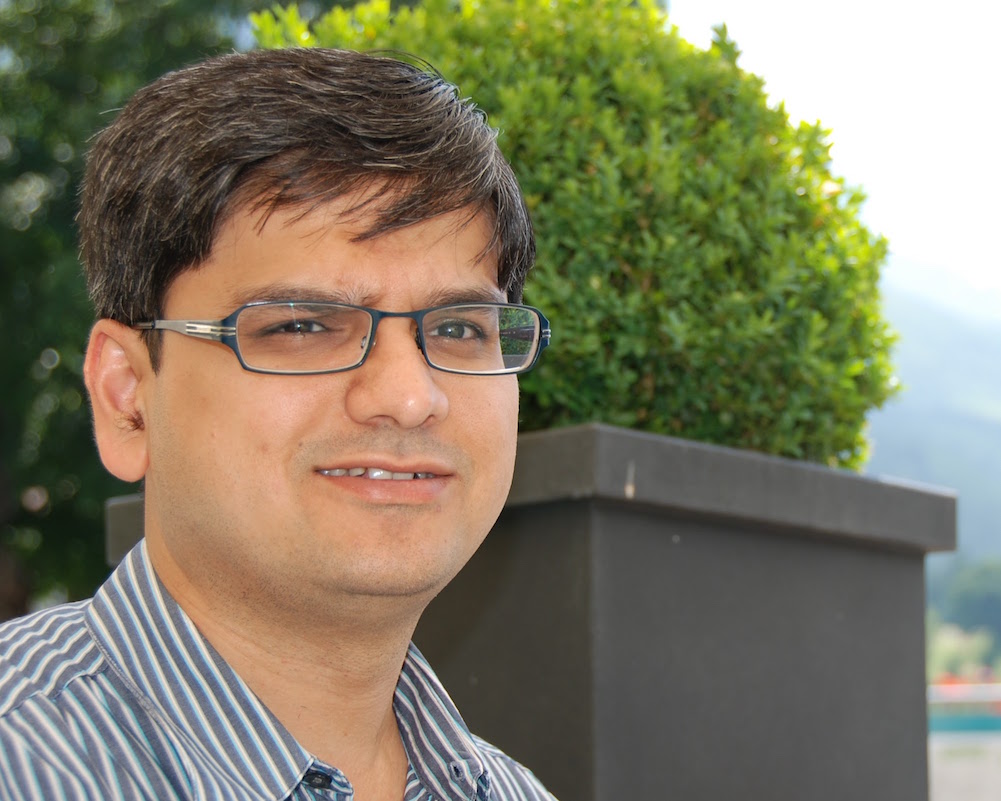Model Predictive Control (MPC) is one of the predominant advanced control techniques. MPC originated in the chemical process industry and is now applicable to a wide range of application areas. MPC is an optimization-based technique, which uses predictions from a model over a future control horizon to determine control inputs. This course will provide an overview of MPC, and will cover both theory and practical applications. The course will involve MATLAB-based hands-on learning modules for understanding and solving advanced control problems. The course will cover multiple aspects of MPC implementation, including dynamical system models, state estimation, unconstrained and constrained optimal control, and model identification. Applications of practical / industrial relevance will also be discussed.
The objectives of this course include
• Provide historical insight into MPC and its role in industry and research
• To develop linear state estimation and linear quadratic control theories
• To introduce the concept of receding horizon in MPC and its practical implementation
• To discuss tools for model building for MPC• To introduce tools for parameter identification
• To provide hands-on learning using practically relevant examples
• To discuss challenges and opportunities in research as well as industrial applications
INTENDED AUDIENCE : Post-Graduate students; final year UG; industry / research professionalsPREREQUISITES : UG Math (covering linear algebra) and
Any of the following courses: Process Control; Control Engineering / Systems; Digital Control
INDUSTRIES SUPPORT : Automation companies, such as: ABB, Honeywell, Yokogawa, Aspen Tech, Siemens, Emerson, Rockwell, Schnieder and GE.
Chemical Process Companies, such as: Shell, IOCL, HPCL, BPCL, Reliance, ONGC, Exxon Mobil, Praxair, etc.

DOWNLOAD APP
FOLLOW US